Publications
Articles, publications, books, tools and multimedia features from the U.S. Institute of Peace provide the latest news, analysis, research findings, practitioner guides and reports, all related to the conflict zones and issues that are at the center of the Institute’s work to prevent and reduce violent conflict.
Question And Answer
Amid a Changing Global Order, NATO Looks East
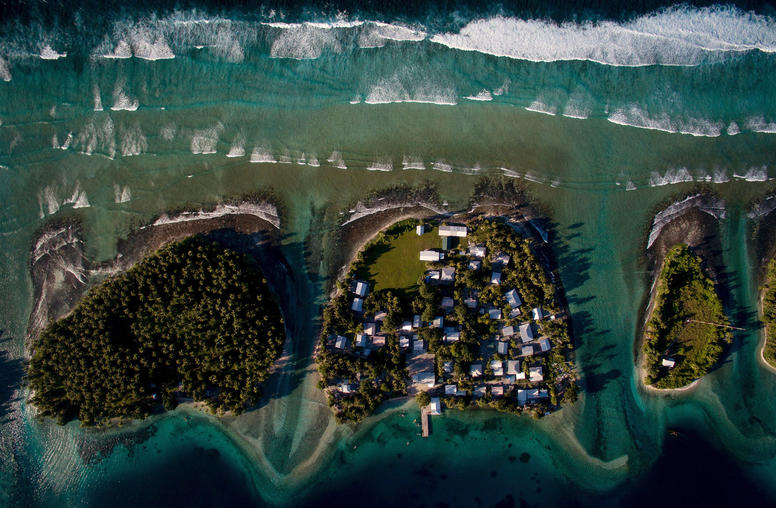
In the Pacific, U.S. Risks Letting Down its Closest Partners
As the United States seeks to shore up alliances and maintain regional stability amid increasing Chinese competition in the Pacific, it needs to mend strained relations with the island states that are its closest partners. The U.S. government describes Palau, the Federated States of Micronesia and the Marshall Islands as “the bedrock of the U.S. role in the Pacific” and “crucial” to U.S. defense there. After months of delay that have undermined those relationships, the United States this month renewed the funding that underpins their government budgets. But significant bilateral strains will require further U.S. attention.
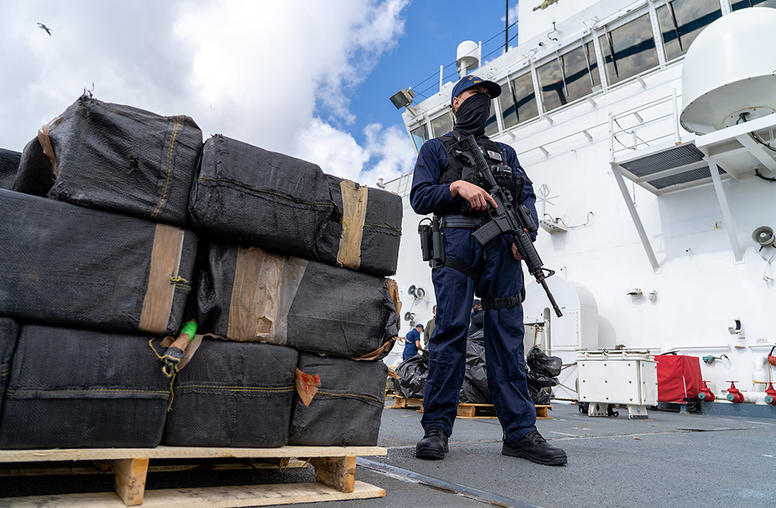
Illicit Drugs Are Undermining Pacific Security
A quick succession of drug busts in Fiji earlier this year — the seizure of 3.5 tons of crystal methamphetamine followed by another 1.1 tons — underscored the threat that the illicit drug trade and narco-corruption pose to the stability and security of countries and societies situated along the so-called Pacific drug highway.
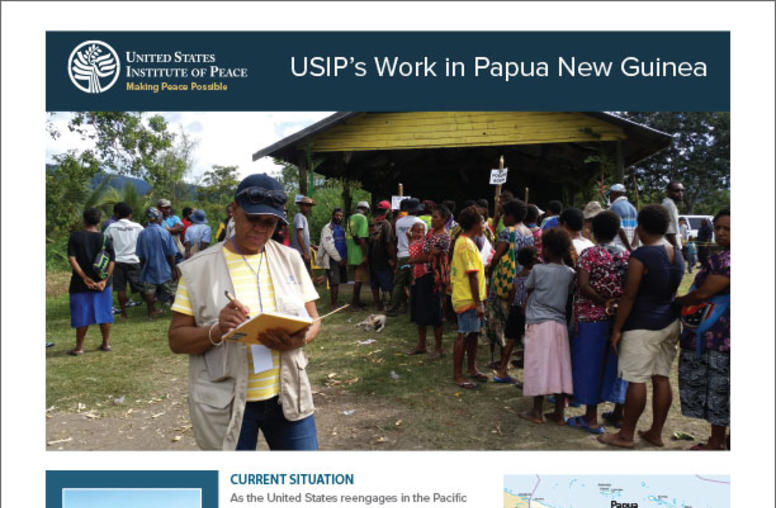
The Current Situation in Papua New Guinea
As the United States reengages in the Pacific Islands, Papua New Guinea is emerging as an increasingly important U.S. partner. It is the region’s largest country, with a landmass about the size of California and a population estimated to be somewhere between 10 and 17 million. In April 2022, Papua New Guinea was designated as one of the focus countries under the U.S. Strategy to Prevent Conflict and Promote Stability (SPCPS). In May 2023, the United States and Papua New Guinea signed a Defense Cooperation Agreement.
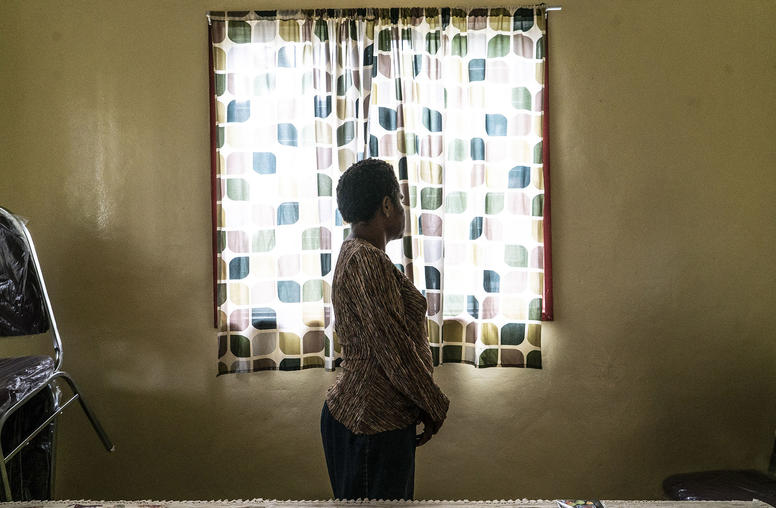
Addressing Gendered Violence in Papua New Guinea: Opportunities and Options
Each year, more than 1.5 million women and girls in Papua New Guinea experience gender-based violence tied to intercommunal conflict, political intimidation, domestic abuse, and other causes. It is, according to a 2023 Human Rights Watch report, “one of the most dangerous places to be a woman or girl.” Bleak as this may seem, it is not hopeless. USIP’s new report identifies several promising approaches for peacebuilding programming to reduce gender-based violence and effect meaningful and lasting change in Papua New Guinea.
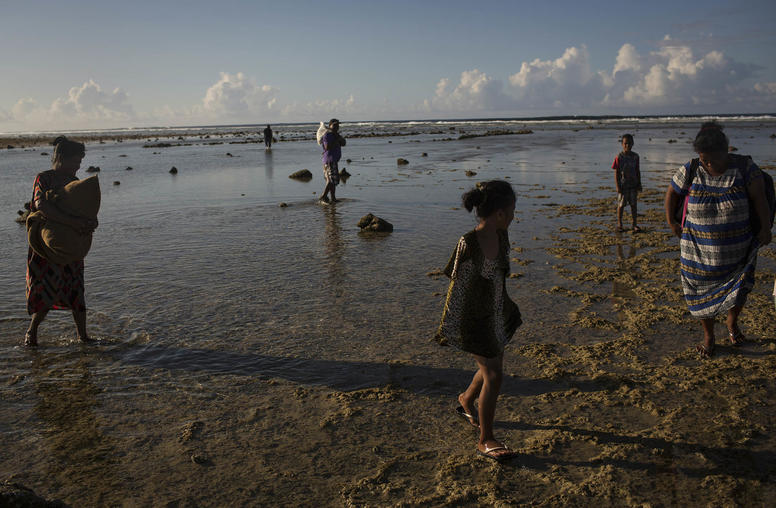
For the Marshall Islands, Nuclear Remembrance Day Is a Painful Reminder
Between 1946 and 1958, the United States detonated 67 nuclear and thermonuclear weapons in the Marshall Islands, a legacy that is commemorated today on the 70th anniversary of the Castle Bravo hydrogen bomb test. This nuclear legacy still reverberates in the Marshall Islands today, straining its relationship with Washington and creating a fissure that Beijing is exploiting as it seeks to increase its regional influence.
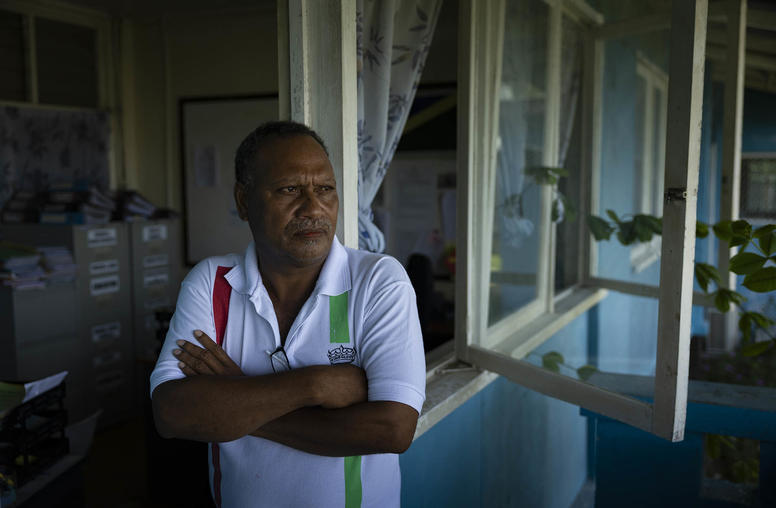
Malaita and the Provincial-National Divide in Solomon Islands
In 2019, Malaita Province in Solomon Islands made geopolitical headlines when its former premier, Daniel Suidani, came out against the country’s closer bilateral relations with China. As a result of his stance, Suidani was removed from his position in February 2023.
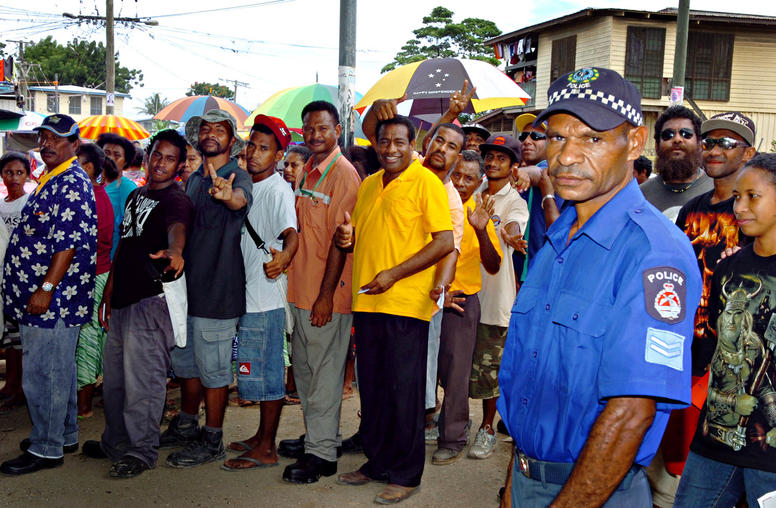
In the Pacific, Corruption and Poor Policing Open a Door to China
After the Pacific’s largest island nation, Papua New Guinea, recently suffered deadly rioting that included police, an official last week announced a Chinese offer to help strengthen its police force. That sequence exemplifies a rising challenge for democracy and stability in the Pacific: Many island nations suffer corruption and deficient policing that undermines the rule of law. This gap in responsive governance lets China seek influence through technical assistance drawn from its authoritarian model of policing. In response, democracies must reshape narrow, outdated approaches to security assistance.
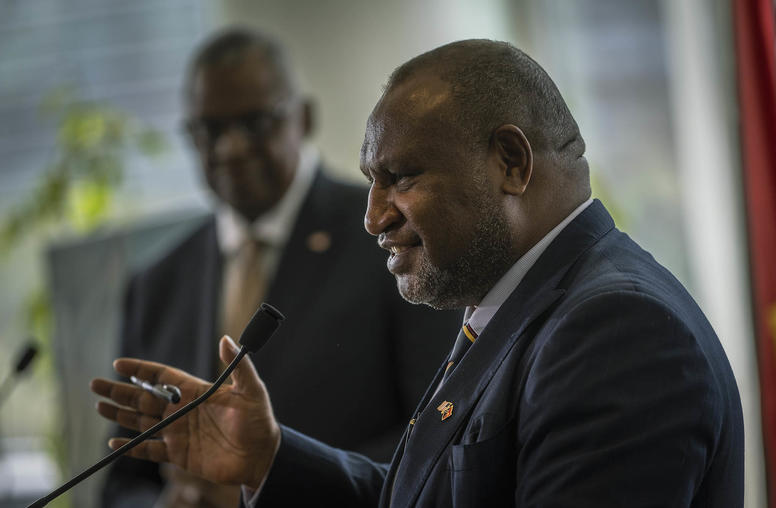
Riots in Papua New Guinea Are a Warning: Urgent Change is Needed
Riots erupted in Papua New Guinea's capital yesterday, laying bare the hollowness of governance that is failing to meet public needs, thus risking deeper violence and instability. U.S attention to the Pacific Islands' largest and most populous nation is increasing, partly because it is an arena for geopolitical competition with China. While Papua New Guinea's leaders are good at rolling out the red carpet for visiting partners, the state fails lamentably in providing basic services for its people. This week’s violence is a wake-up call for U.S and international policymakers to re-focus on this root of the country’s instability.
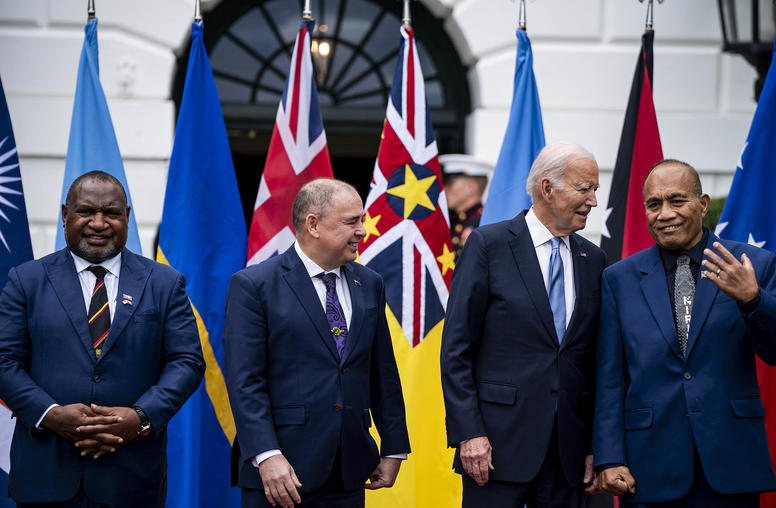
Deepening the U.S.-Papua New Guinea Relationship
As the largest, most populous and most strategically located nation in the region, Papua New Guinea (PNG) is, not surprisingly, at the epicenter of reinvigorated U.S. efforts to reengage the Pacific Islands. The year 2023 has been a big year for the U.S.-PNG bilateral relationship. However, given recent pushback against U.S. initiatives in PNG, deepening the relationship will require some work.

Gordon Peake on COP28 and Climate Financing
As COP28 continues, it’s estimated that the world needs to invest $5.9 trillion to stave off climate change. “The big question now is … who’s going to pay for all this,” says USIP’s Gordon Peake, adding that “we also need to tamp down the use of fossil fuels” to prevent the bill for growing even more.